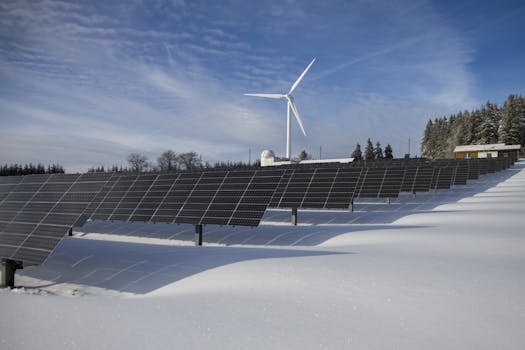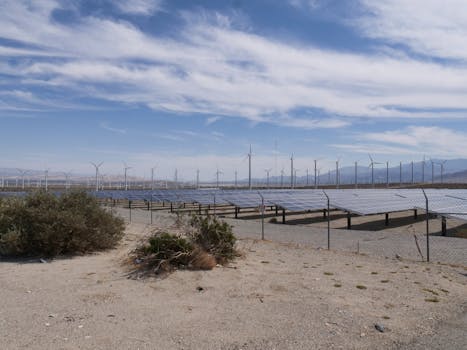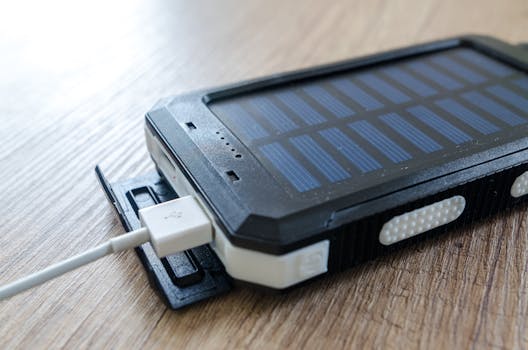
Introduction

Breakthroughs in renewable energy technology are transforming the way we approach sustainability. With the urgent need to combat climate change, innovations in solar, wind, and other renewable sources are becoming more relevant than ever. This article discusses the latest advancements in renewable energy and their implications for a sustainable future.
Solar Energy Innovations

Solar energy has witnessed remarkable advancements in recent years. New technologies, such as bifacial solar panels and solar skins, are enhancing efficiency and aesthetics. Bifacial panels capture sunlight from both sides, increasing energy generation without requiring additional land. Furthermore, solar skins allow homeowners to customize the appearance of their solar panels, making them more appealing.
Additionally, advancements in solar battery storage systems are enabling better storage of energy for use when the sun isn’t shining. This capability enhances the reliability of solar power and contributes to a more resilient energy grid.
Wind Energy Developments

Wind energy is another area experiencing significant breakthroughs. The development of larger and more efficient wind turbines is allowing for greater energy production. Offshore wind farms, equipped with floating turbines, are expanding the potential for wind energy in deeper waters where wind speeds are higher.
Moreover, advancements in predictive maintenance using AI and IoT technologies are increasing the efficiency of wind farms. These technologies help in monitoring turbine health and predicting failures, thereby minimizing downtime and maximizing output.
Energy Storage and Smart Grids

Energy storage technology, particularly lithium-ion batteries, is crucial for the integration of renewable energy into the grid. Innovations are focusing on increasing the lifespan and reducing the costs of these batteries. Solid-state batteries, for example, promise higher energy densities and safety, making them a strong candidate for future energy storage needs.
Smart grids, which utilize digital technology to manage electricity efficiently, are also playing a vital role in the transition to renewable energy. They allow for real-time monitoring and management of energy consumption, which helps in balancing supply and demand while integrating various renewable sources.
Conclusion

Breakthroughs in renewable energy technology are paving the way for a sustainable future. By harnessing innovations in solar, wind, energy storage, and smart grids, we can reduce our reliance on fossil fuels and contribute to a healthier planet. As these technologies continue to evolve, their widespread adoption will be essential in our fight against climate change.





